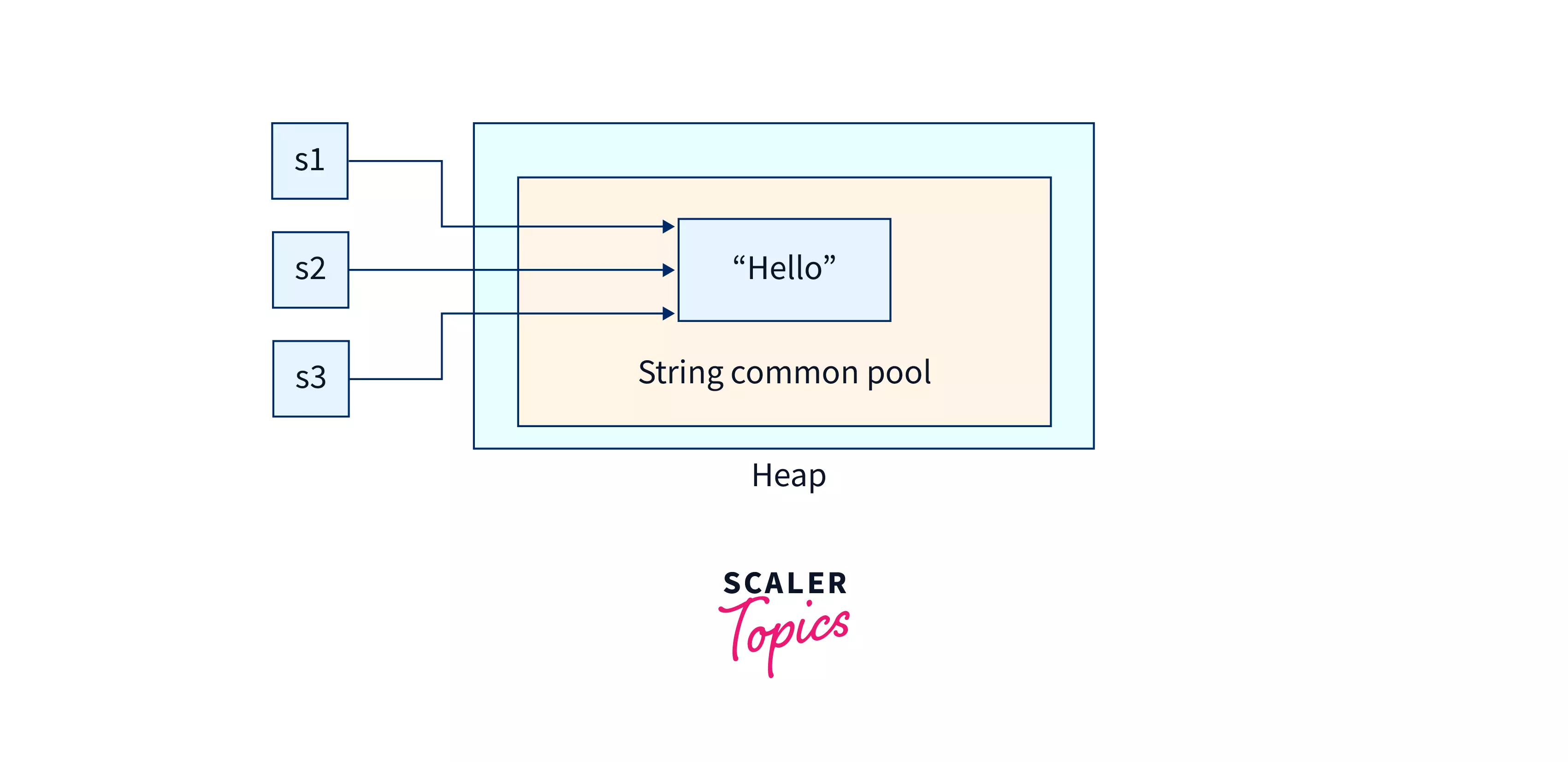Unalterable Strings: A Key Component in Ensuring Data Consistency and Integrity
In the realm of data management, the value of unalterable strings can not be overstated. The idea of immutable strings transcends simple formality; it is a cornerstone in the complicated web of data administration.
The Principle of Immutable Strings
Unalterable strings, a basic concept in shows, refer to strings that can not be changed as soon as they are created. Basically, once a string worth is assigned, any kind of operation that appears to change the string in fact develops a brand-new string. This immutability makes certain data consistency and integrity in applications, as it avoids unforeseen changes to the initial data.
Advantages in Data Uniformity

Information uniformity is essential in various facets of software development, consisting of database management, multi-threaded settings, and distributed systems (Why are strings immutable in Java?). Immutable strings contribute significantly to achieving this uniformity by protecting against data corruption due to simultaneous accessibility. In scenarios where several procedures or threads communicate with the same data all at once, unalterable strings serve as a protect against race problems and synchronization issues
Additionally, the immutability of strings streamlines debugging and testing processes. With immutable strings, developers can trust that when a string is established, it will certainly continue to be the same, making it much easier to trace the source of mistakes and making certain that test situations generate constant outcomes. This reliability in data taking care of inevitably results in more stable and durable applications.
Implementing Immutable Strings
Making certain the immutability of strings requires a thoughtful approach to their application in software growth. One essential method is to develop string classes in a manner that protects against alterations once a string things is created. By making strings immutable, programmers can boost data uniformity and reliability in their applications.
To implement unalterable strings effectively, designers should favor developing new string items instead of modifying existing ones. This technique makes certain that once a string is assigned a worth, it can not be changed. In addition, any operation that appears to change the string ought to develop a brand-new string with the desired modifications as opposed to altering the initial.
Moreover, utilizing immutable strings can simplify concurrency administration in multi-threaded environments. Given that immutable strings can not be transformed after production, they can be safely shared amongst numerous threads click this without the threat of information corruption.
Function in Integrity Guarantee
In software program advancement, the utilization of immutable strings plays an important role in ensuring the integrity of data operations. Immutable strings, when produced, can not be changed, ensuring that the information they stand for remains consistent throughout the application's implementation. This immutability property gives a degree of guarantee that the data being refined will not be inadvertently altered, bring about unanticipated results or mistakes in the system.
By including unalterable strings right into software application style, developers can enhance the integrity of their applications by minimizing the threats related to mutable information - Why are strings immutable in Java?. Immutable strings aid in protecting against data corruption or unintentional alterations, which can be especially essential when taking care of sensitive information or when information honesty is vital
Moreover, using immutable strings streamlines concurrent handling, as multiple strings can safely access and share string data without the danger of one string changing the content while another is reading it. This aspect contributes significantly to the total dependability of the software system, making certain predictable and constant actions in information taking care of operations.
Applications and System Combination
The seamless combination of unalterable strings right into different applications and systems is essential for ensuring durable information consistency and integrity throughout varied technological environments - Why are strings immutable in Java?. Immutable strings play an essential role in enhancing the stability of data exchanges and communications within complicated software application environments. By incorporating unalterable strings into applications, developers can alleviate the threats connected with information meddling, unauthorized alterations, and unintentional changes, thus fortifying the overall protection position of the system
In the context of system integration, unalterable strings function as a foundational component for establishing protected here interaction channels and helping with smooth data transfers in between various parts. Their unalterable nature ensures that data transferred in between systems remains proven and unmodified, lowering the chance of inconsistencies or errors that could compromise the honesty of the entire system. Furthermore, immutable strings can boost interoperability between diverse systems by offering a standardized layout for information depiction, making it possible for extra efficient data processing and exchange protocols across interconnected systems. By adopting unalterable strings in applications and system assimilation procedures, companies can fortify their information navigate here framework and maintain the reliability and uniformity of their information properties.
Conclusion
In verdict, immutable strings play an essential role in preserving information consistency and dependability in numerous applications and system integrations. By guaranteeing that strings can not be changed when created, the honesty of information is protected, lowering the danger of errors and variances. Applying immutable strings can significantly boost the dependability of systems, eventually bring about even more dependable and accurate data processing.

Comments on “Why Are Strings Immutable in Java? Detailed Analysis for Programmers”